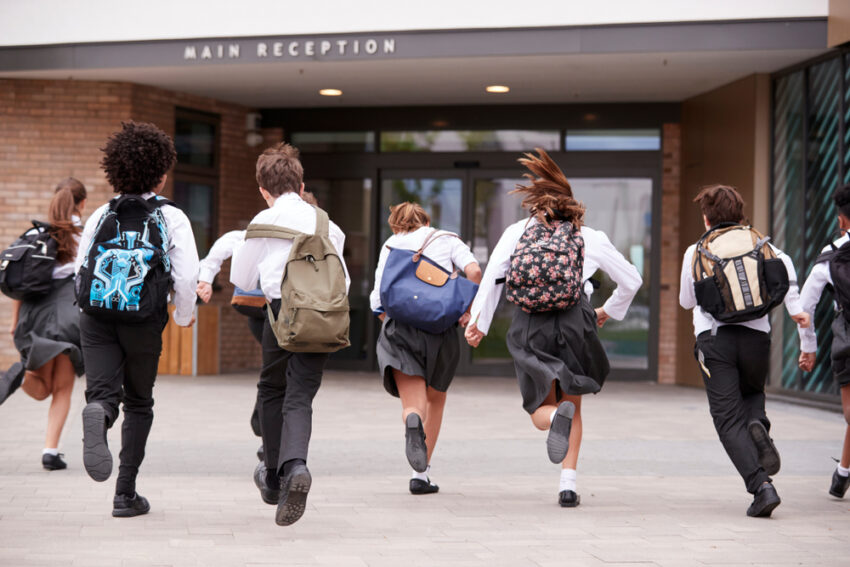Labour’s VAT on private school fees triggers surge in state school applications
Over 3,000 students have applied to switch from private to state schools, as Labour’s 20% VAT on fees adds an average of £2,000 per pupil. Critics warn of strain on the state sector. Read more: Labour’s VAT on private school fees triggers surge in state school applications


Labour’s 20% VAT on private school fees, set to begin in January, is already prompting a shift from the independent to state sector, with over 3,000 privately educated students applying to state schools between June and September.
The policy, announced by Chancellor Rachel Reeves in the Budget, will add an estimated £2,000 per pupil to annual school fees. Critics have labelled it a “tax on aspiration” and warn it could overwhelm the state sector.
New figures reveal that 124 councils across England, Scotland, and Wales received 3,011 applications from private school pupils to transfer to state schools, with an additional 2,500 expected to leave by January, according to the Independent Schools Council (ISC).
ISC Chief Executive Julie Robinson accused Labour of underestimating the impact, pointing out that the Treasury had initially predicted around 3,000 private-to-state transfers over the entire 2024-25 academic year. Robinson voiced concerns over the strain on the state sector, stating, “The government has underestimated how many families will be affected.”
The policy’s impact has already led some private schools to consider closure. Carrdus School in Oxfordshire, owned by Tudor Hall, announced it would close in the spring if a buyer is not found. In a letter to parents, Chair of Governors Alison Darling cited the VAT on fees and increased employer National Insurance contributions as factors making the school financially unsustainable.
The ISC, representing over 550,000 independent school students in the UK, has launched legal action against the government, claiming the policy is discriminatory. The organisation, represented by prominent barrister Lord Pannick KC, argues that the policy violates the European Convention on Human Rights, particularly affecting students with special educational needs and disabilities.
Robinson emphasised that the ISC’s legal challenge is intended to defend families who may be unable to find suitable state school alternatives. “We continue to ask the government to work with us to mitigate the risks of this policy on specialist arts education, low-fee faith schools, small girls’ schools, and children with SEND,” she said.
The Office for Budget Responsibility estimates that the policy could drive 35,000 students from private to state education, raising concerns that the already-stretched state sector may struggle to accommodate them. The ISC’s legal claim will focus on the “right to education” and argue that the policy unfairly targets independent school families, potentially forcing them out of their educational choices.
With the start date fast approaching, pressure is building on the government to reconsider or delay the policy’s implementation to assess its full impact on both private and state schools.
Read more:
Labour’s VAT on private school fees triggers surge in state school applications






















